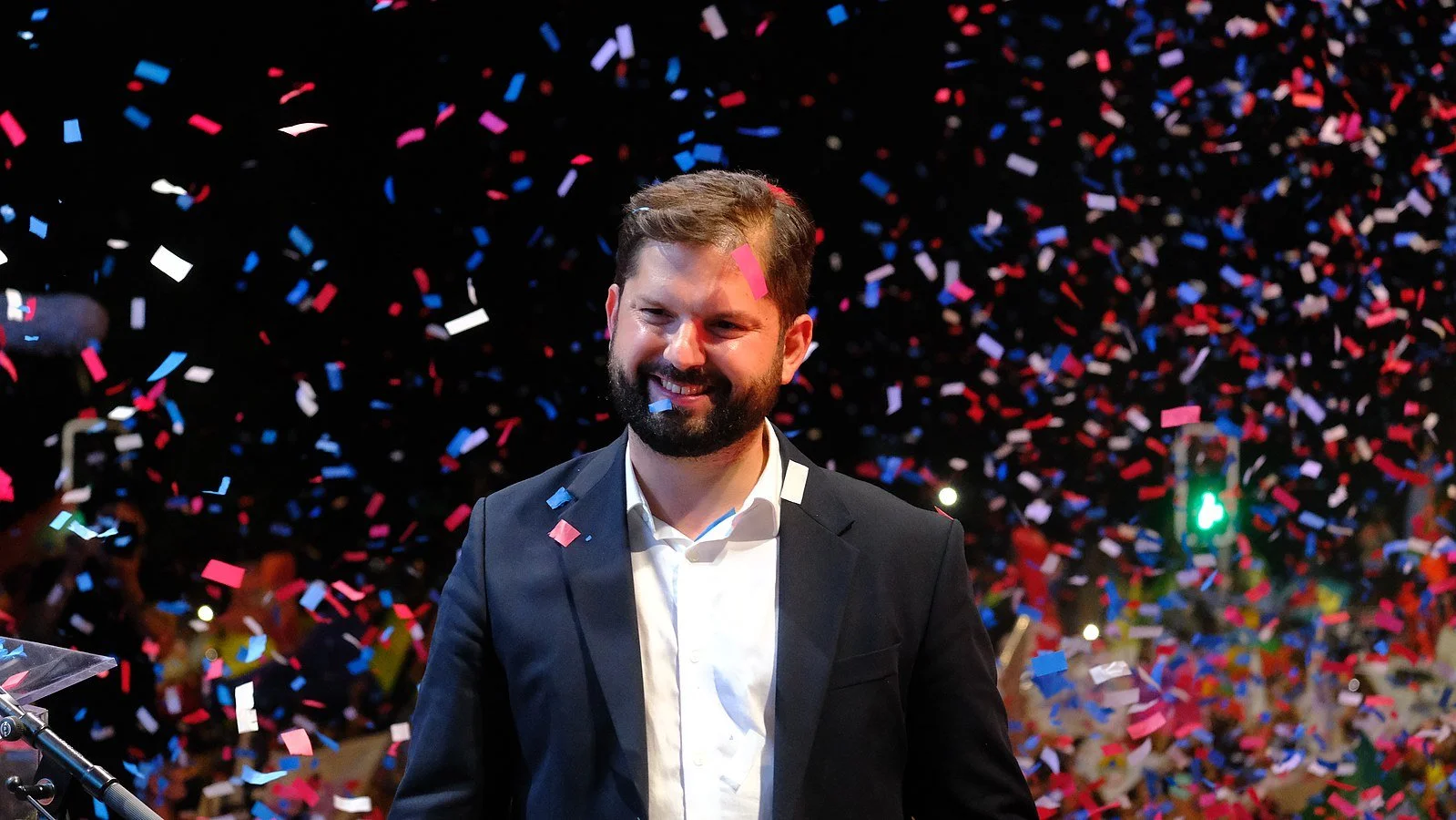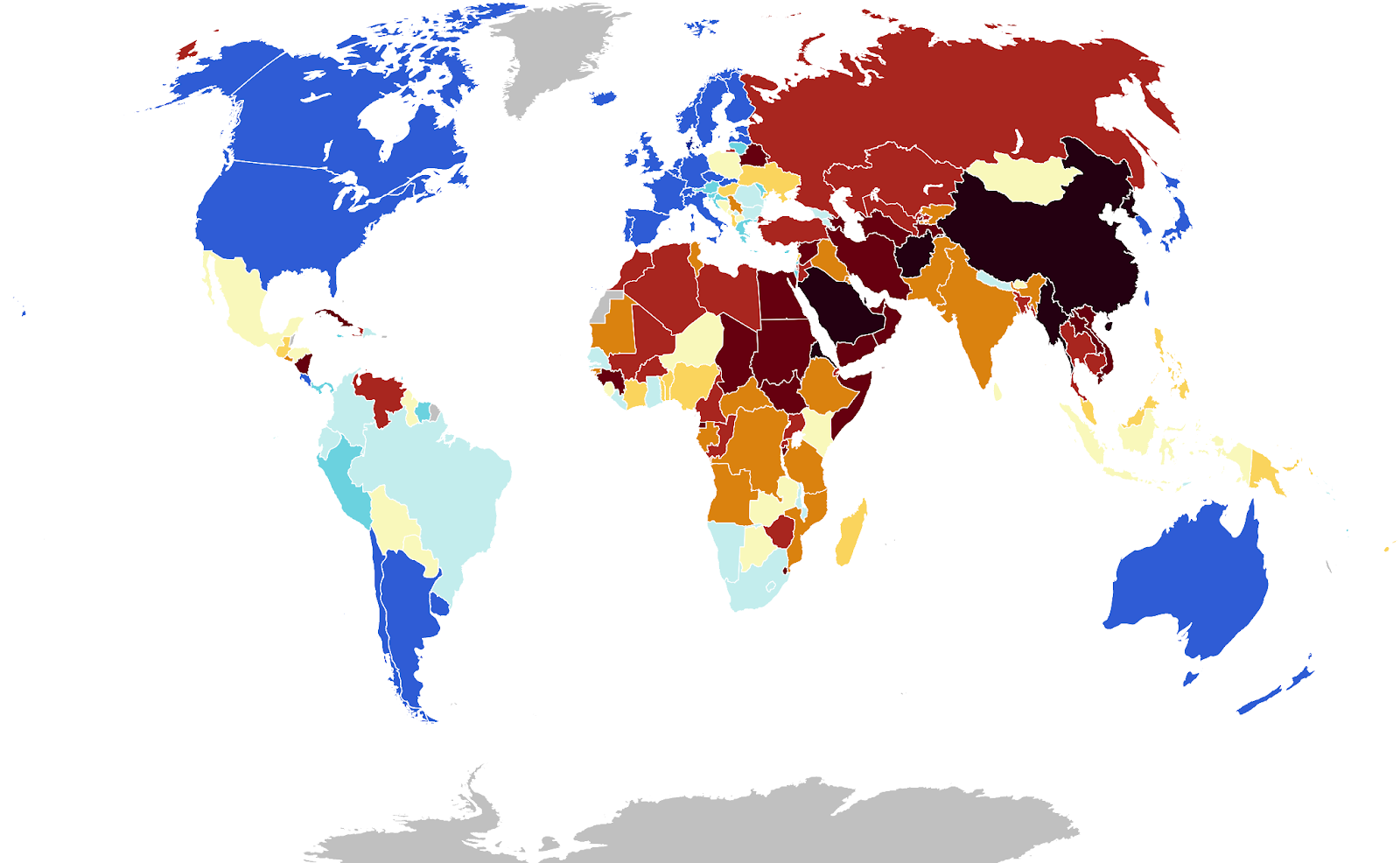Leftist Gabriel Boric sworn in as Chile’s Youngest President
Gabriel Boric inaugurated as Chile’s youngest president (Wikimedia Commons).
Gabriel Boric, 36, was sworn into office on March 11, officially making him Chile’s youngest president. According to NPR, Boric is the most left-leaning president to be elected in the past thirty years of Chilean democracy.
Per Al Jazeera, Boric defeated far-right candidate Jose Antonio Kast in December 2021. Al Jazeera also found that voter turnout reached its highest levels since mandatory voting was repealed in 2012. Turnout was especially high among women and young Chileans.
Chile’s youth understood the need to change the country’s development model, said Matias Garreton, a researcher with the Center for Social Conflict and Cohesion Studies and professor at the Adolfo Ibanez University in Santiago. Al Jazeera reported that youth turnout helped propel Boric to his historic victory.
According to CNN, as president, Boric will face the challenges of economic slowdown, high inflation rates, heightened crime, and mounting inequality.
Boric has assumed office with an ambitious and progressive agenda. According to Al Jazeera, Boric has promised an increased focus on human rights, combating climate change, progressive tax reform, universal public health, an overhaul of the pension system, and a more inclusive government. Boric was the only candidate with substantive proposals to decentralize the government, said Garreton in an article from Al Jazeera. Per the World Bank, political decentralization would transfer responsibility of government functions to local governments and civil society. The World Bank also claimed that decentralization can increase economic efficiency, democratization, public accountability, and empowerment. However, its success depends on regular elections and clearly defined jurisdictions.
Boric is beginning his presidency at a transformational time in Chile’s history. CNN reported that the country is in the midst of redrafting its Pinochet-era constitution and will face a constitutional referendum within the next six months.
According to Al Jazeera, a convention of 155 elected citizen representatives, half of whom are women, and twenty of whom are indigenous, are currently drafting this referendum. The convention’s diversity reflects Boric’s commitment to an inclusive government. Under the new constitution, Chile will be designated a plurinational state, per Al Jazeera.
Boric has already made strides to increase gender equality and representation in his government as well. NPR reported that 14 of the 24 members of Boric’s cabinet will be women, marking the first time that a Chilean president will have more women than men in his or her cabinet.
The new president has also vowed to reform Chile’s market-led economic model to fight inequality, a point that sparked backlash among Chilean conservatives, according to CNN. However, Boric appeased both sides of the political spectrum by appointing Mario Marcel as his minister of finance. According to NPR, Marcel was the chief of the budget department during the Lagos administration and the head of the Central Bank under former presidents Michelle Bachelet and Sebastián Piñera. NPR’s Francisca Skoknic called Marcel “one of the most respected economists in Chile.”
With a divided Congress, Boric will likely face challenges implementing reforms and passing legislation, CNN claimed, but his inauguration marks the beginning of a social and political transformation in a reimagined Chile.




